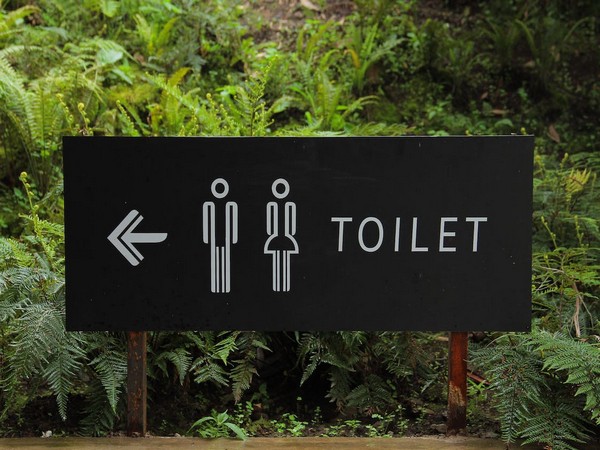

The United Nations observes World Toilet Day on November 19 annually. The main aim is to raise public awareness of broader sanitation systems such as wastewater treatment, stormwater management, and hand washing.
Every year on November 19, the UN celebrates World Toilet Day. The day is celebrated to increase public awareness of more extensive sanitation systems, including hand washing, stormwater management, and wastewater treatment.
World Toliet Day Theme:
The theme of this year’s World Toilet Day, “Making the Invisible Visible,” is how inadequate sanitation systems transport human waste into rivers, lakes, and soil, damaging subsurface water supplies.
World Toilet Day History:
World Toilet Day was established on this day in 2001 by Singaporean philanthropist Jack Sim, who also founded the World Toilet Organization. The UN officially recognized the right to water and sanitation as a human right in 2010, which focused attention on the campaigns to raise awareness of the sanitation crisis.
Sanitation for everyone, Singapore’s UN resolution, was developed in 2013 in partnership with the Singaporean government and the World Toilet Organization. This resolution recommended collective action to address the sanitation crisis on a worldwide scale. World Toilet Day became a recognized UN holiday after 122 countries at the 67th UN General Assembly meeting in New York adopted the proposal.
How you can be part of this celebration
Learning more about sanitation is the first thing we can all do to celebrate this day.
On social media, we can also share images of good hygiene practices to commemorate the day.
We can spread awareness about this on a small scale like educating your domestic help or in school organising sessions on awareness of the sanitation crisis.
World Toilet Day Significance:
Over 3.6 billion people still use poor toilets, which harm their health and pollute the environment, and this has created a worldwide sanitation catastrophe. Due to poor sanitation practices, human waste contaminates water resources by getting into rivers, lakes, and soil. To stop this, there has to be universal access to hygienic restrooms that are part of a sanitation system that efficiently collects and handles human waste.
Sufficient sanitation is a requirement of Goal 6 of the UN Sustainable Development Goals, and this day is a chance to urge governments, organizations, and individuals to work toward establishing adequate sanitation systems for all.